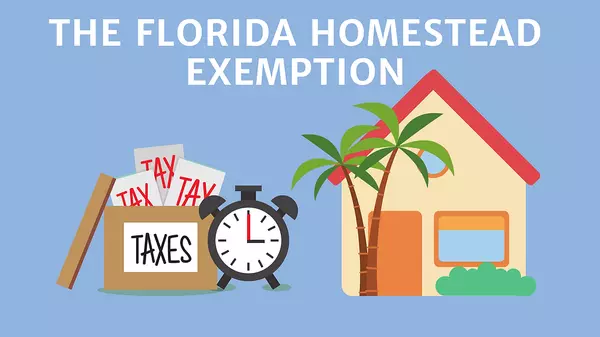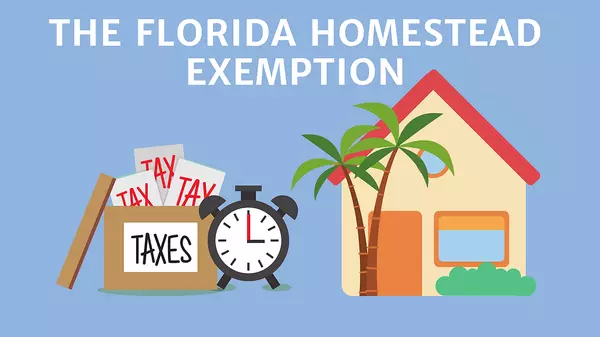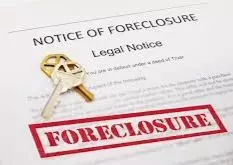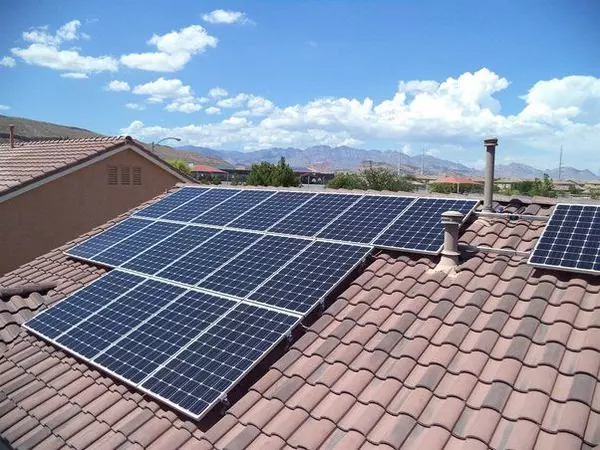
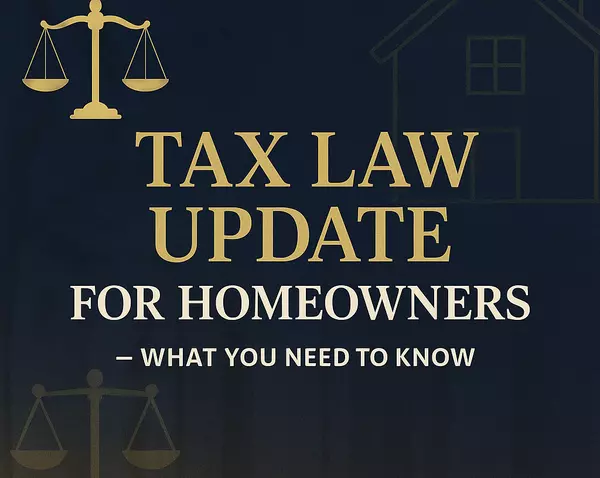
What Homeowners Need to Know About the New Tax Law Changes
As we move through 2025, important tax law updates have gone into effect that could directly impact homeowners, buyers, and sellers. Staying informed is key not only to protecting your investment but also to making the most strategic financial decisions about your property. Below we break down the
Read More
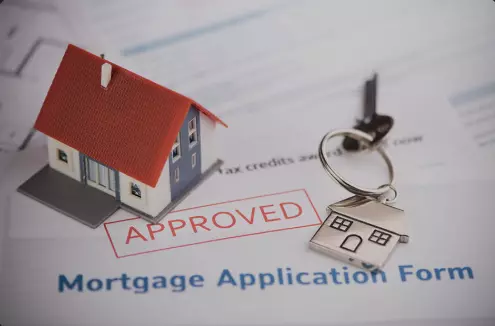
Qué Es Lo Que los Compradores Malentienden Sobre la Preaprobación?
Seamos honestos, comprar una casa puede sentirse como aprender un idioma nuevo. Un término que escucharás una y otra vez es “preaprobación”. Pero incluso los compradores más experimentados suelen confundirse con lo que realmente significa este paso. Hoy, aclaremos algunos de los conceptos erróneos m
Read More
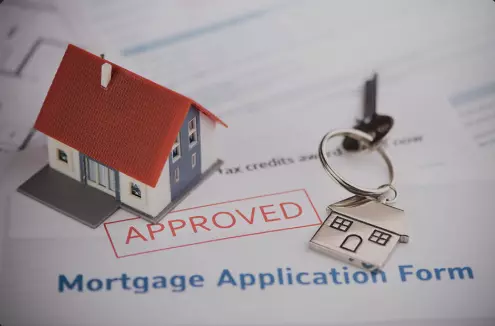
What Most Buyers Get Wrong About Pre-Approval
What Most Buyers Get Wrong About Pre-Approval Let’s be honest—buying a home can feel like learning a new language. One term you’ll hear over and over is “pre-approval.” But even savvy buyers often get tripped up by what this step really means. Today, let’s clear up some of the biggest misconceptions
Read More

Maximizing Tax Savings When Selling Your Home
When it comes to real estate, understanding capital gains tax is crucial for both sellers and investors. This tax can significantly impact your profit margins, so knowing how to navigate it effectively is essential. In this blog, we'll explore some common questions about capital gains in real esta
Read More
Recent Posts






